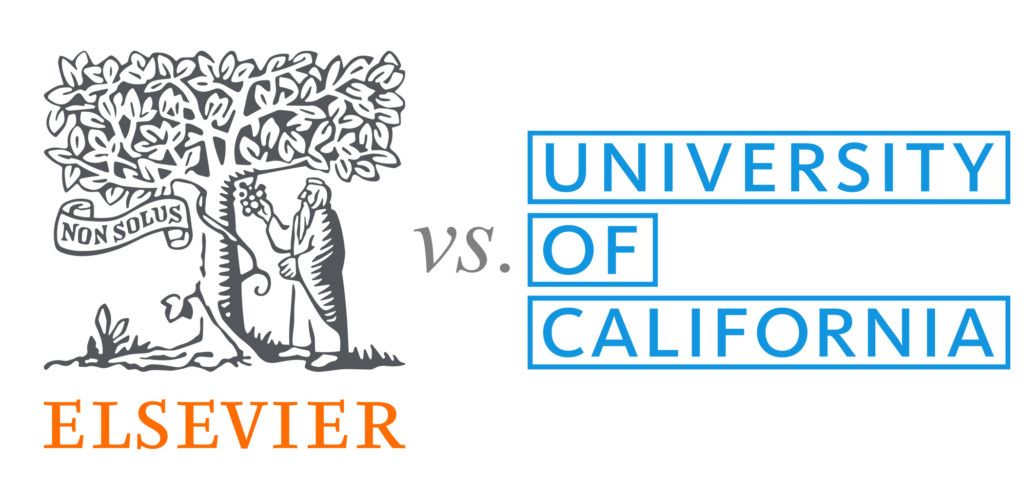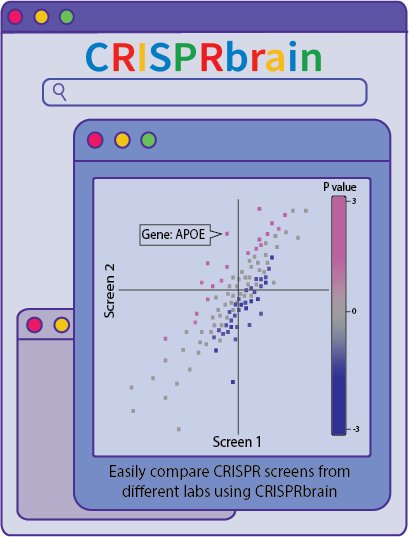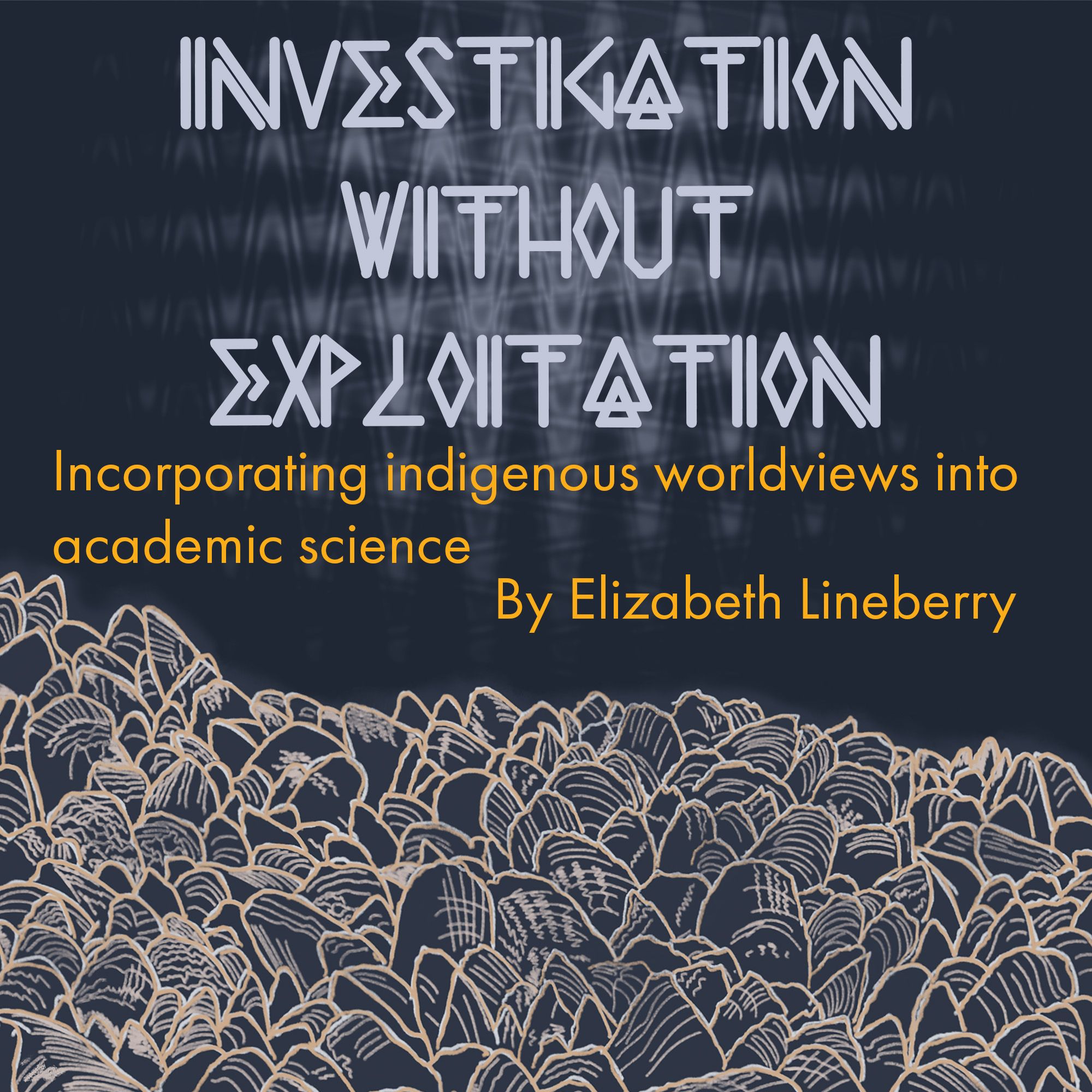Negotiations between Elsevier and the UC: a fight over open access
October 14, 2019

In February 2019, negotiations to renew an $11 million-a-year contract between the University of California (UC) and the academic publisher Elsevier ended, leaving researchers and students UC-wide without any official access to Elsevier's upcoming publications. The giant Elsevier publishes around 20 percent of the natural and medical sciences articles in more than 2,500 journals, including the prestigious publication Cell, as well as the specialized series Trends and Current Opinion and the platform ScienceDirect. So, what prompted the stalled talks between the UC and Elsevier?
Academic publishing is a very lucrative business that generates over $25 billion annually. Elsevier is on the more profitable side of large publishers, with margins close to 40 percent in 2018, which is comparable to Apple or other tech companies. Jeffrey MacKie-Mason, UC Berkeley librarian and member of the negotiation committee, explains the limit of an academic publishing system that many qualify as outdated or demanding: “the authors give [the publishers] copyrights for free and they sell it back to us.” In addition, researchers are solicited as experts in their field to review their peers’ work for free. Finally, MacKie-Mason notes that publishing articles has a cost for researchers as well, typically between $2,000 and $4,000 per article, which represents up to around 1.5 percent of research budgets.
The battle that the UC is tackling, however, is not centered on the price of publishing, but on promoting open access. This would allow the public, as well as academics, to read the publications for free instead of having them behind the publisher's paywalls, which is largely the case nowadays. At the moment, MacKie-Mason concedes that all articles can be published as open access in every Elsevier journal as long as the contributors are willing to pay a supplement to sponsor their individual article. However, given that most of the access to paid journals works by subscription, the impact of sponsoring open access for single articles is limited, as a majority of institutions pay to read the journal as a whole anyway. This phenomenon is known as “double-dipping” because both the contributor and the reader with a subscription pay for article access. Moreover, the cost of the subscriptions themselves may be prohibitively high, preventing smaller institutions with less funding from accessing the journal articles. When asked who would benefit from a generalized open access, MacKie-Mason has a long list: small-practice physicians, public health officials, non-profits, and institutions in developing countries, as well as some liberal arts colleges in the US, which have limited budgets to allocate to research and therefore cannot always afford expensive academic journal subscriptions. He regrets that the current system is “cutting off access to all these students and all these professionals who could really use science to better the world and save lives, for no good reason”.
In MacKie-Mason’s opinion, publishers are not obsolete. They are needed for article distribution, which is a costly process, as well as managing the time-consuming peer-review process. However, Elsevier failed to address the UC's open access demands, resulting in the end of negotiations with the publisher. MacKie-Mason jokingly says that Elsevier is “dragging its feet” towards reforming an industry that he qualifies as "behind the times" as it did not really adapt to the digital era. Instead, some other publishers seem to be willing to change their practice, as MacKie-Mason experienced from ongoing negotiations with seven other publishers that are more receptive to transitioning towards open access. MacKie-Mason still hopes that the UC comes to an agreement with Elsevier, conceding that it represents a lot of content, but he wants a contract that takes into consideration the UC's values: “a contract that we can live with,” he emphasized.
Interestingly, the push toward open access reflects a global policy of the UC. Roughly 40 percent of UC Berkeley’s articles are accessible without subscription and Elçin Ünal, a professor in the Molecular and Cell Biology department, confirmed that her department encourages faculty members to favor open access over high impact for their publications, including for assistant professors who are commonly evaluated on the latter in other institutions. She highlighted that, “as a junior faculty, I didn’t feel pressure to publish in what is currently the currency of high impact”. In her lab, she always chooses open access journals for the first article of her graduate students in an effort to build their awareness on publishing issues. So far, her students have always been receptive. Generally, she favors open access or academic society journals. Examples in her field are eLife (open access), Public Library of Science (PLoS) journals (open access), the journals of the Genetic Society of America (open access some time after publication), or Molecular Biology of the Cell from the American Society of Cell Biology, which all promote better practices in publishing.
In April 2018, a report was issued by a body of faculty stating that they were in favor of open access throughout the 10 UC campuses. According to MacKie-Mason, having broad faculty support as well as involving faculty members in the negotiating committee was crucial to be firm on negotiations. Since the discussions ended, this support only strengthened. Faculty members who used to be editors for Elsevier journals have quit their respective boards until an agreement is reached. Two petitions (on change.org and moveon.org) have been started online to support the UC’s boycott of Elsevier in favor of an open access policy, echoing another online stand not specific to the UC that already counts more than 17,000 supporters.
The University of California is not the first institution to renegotiate its contract with the publisher. In the US, CalTech and Florida State suspended their general subscription with Elsevier, favoring subscriptions to individual journals in order to reduce costs. In Europe, Germany, Hungary, and Sweden currently have no contract with Elsevier, and Norway also left the table of negotiations in March 2019, shortly after the UC system. The UC negotiation committee had been in contact with these countries to get a sense of how their negotiations were handled and the challenges they had to face after the access suspension. From their experience, researchers were mostly able to find and access articles by themselves, making MacKie-Mason and the negotiation committee confident that reaching no agreement with Elsevier would not be detrimental to UC research.





